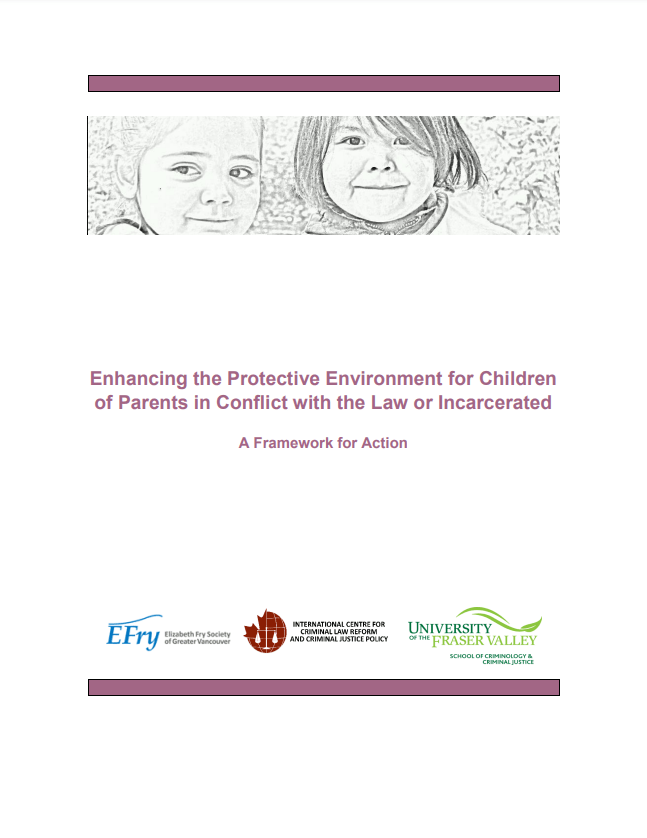Practical measures and strategies
Improving ways of identifying the children in need of assistance without further stigmatizing them
Recommendation 10:
Everyone in the community (neighbours, friends of the family, teachers, sports coaches, elders, religious figures, police, etc.) potentially has a role to play in making sure that children affected by their parents’ conflict with the law are identified, assisted, and protected. Relying solely on the children to come forward and ask for assistance is not realistic. Relying on the parents to come forward and seek help for their children is not reliable. Parents often fear the intervention of child protection services. In many instances they already have a history of contacts with these services. Finally, relying on the justice system itself to transmit information to child welfare and protection agencies is not sufficient either.
- Proactively seek to identify children in need of assistance, without labelling or stigmatizing them.
- Increase outreach activities to offer support to the children and their caregivers.
- Ensure that people working with or coming in contact with children as part of their professional responsibilities recognize the children’s signs of distress, isolation, need for assistance.
- Improve inter-agency sharing of information concerning the children while protecting their privacy and ensuring the confidentiality of that information.
- Ensure that all agencies and organizations have a proactive child protection policy that acknowledges the particular issues and needs of children who have a key relationship with a parent in conflict with the law.
